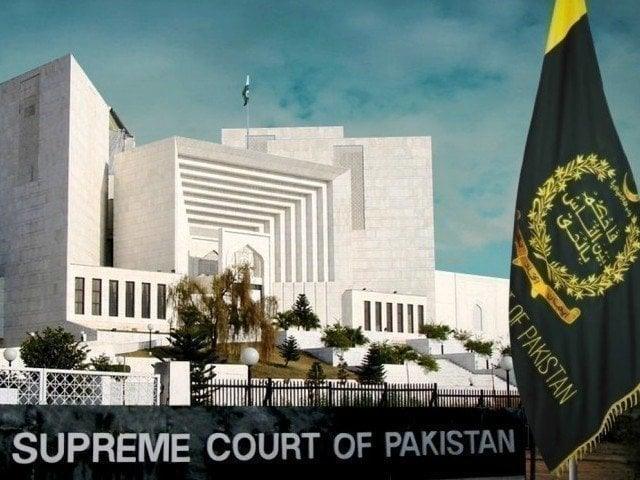Islamabad:
The Supreme Court has emphasized that the civil service must remain free of political interference, observing that the bureaucracy is intended to serve as the state’s steel frame, not a rubber seal for any ruling political party.
The Apex court made the observations in a seven -page judgment created by Judge Syed Mansoor Ali Shah while leaving aside the decision of the Punjab service court that had denied the promotion of a teacher.
“Civil bureaucracy serves as the state spine, confident to guarantee continuity, stability and efficiency in governance,” the ruling said.
He stressed that, unlike political leadership, which changes with electoral cycles, civil service provides “institutional memory and administrative stability required for the uninterrupted functioning of the government.”
The teacher’s case was sent for promotion through a working document presented by the Department.
However, on March 7, 2019, the Department Promotion Committee (DPC) deferred its promotion under the pretext that the rules required the amendment, and declared that promotions would be considered later.
His representation against the DPC decision was rejected on August 19, 2019, while his departmental appeal was dismissed on November 29, 2019.
Consequently, he challenged both orders through an appeal of service before the Punjab Service Court, Lahore, which was also dismissed through an order dated January 10, 2022.
Leaving aside the decision of the court, the SC division bank led by Judge Shah said that the civil service played a vital role in the implementation of policies, providing services and defending the institutional framework of the State.
“A fundamental characteristic of an effective civil service is impartiality and meritocracy. To play this role effectively, civil service must remain free of political interference. Its independence, integrity and intellectual honesty are essential to maintain the rule of law and the Constitution. Its loyalty is with the Constitution and the law, not with the change of political wind.”
Citing Professor Lorne Sossin, the bank emphasized that civil officials were the guardians of public trust and their duty of loyalty to the public interest must, in some circumstances, be a higher obligation than the duty of loyalty owed to the government of the time.
“They should not be penalized by opposite government policies, especially in cases of illegal acts or threats to public safety.”
“The classical theory of Max Weber’s bureaucracy reminds us that only a professional civil service, based on merit and politically neutral can sustain the rational legal authority of a modern constitutional state. In joy, it constantly emphasizes that the official’s loyalty is for the State and its institutions, not for political leaders or transient parties.”
The SC Bank said that in the end, “we took the strength of the words of our Founding Father, Quaid-E-Azam Muhammad Ali Jinnah, who said: Civil officers should not have any hand in the support of this political party or that political party, this political leader or that political leader, this is not [their] business”.




